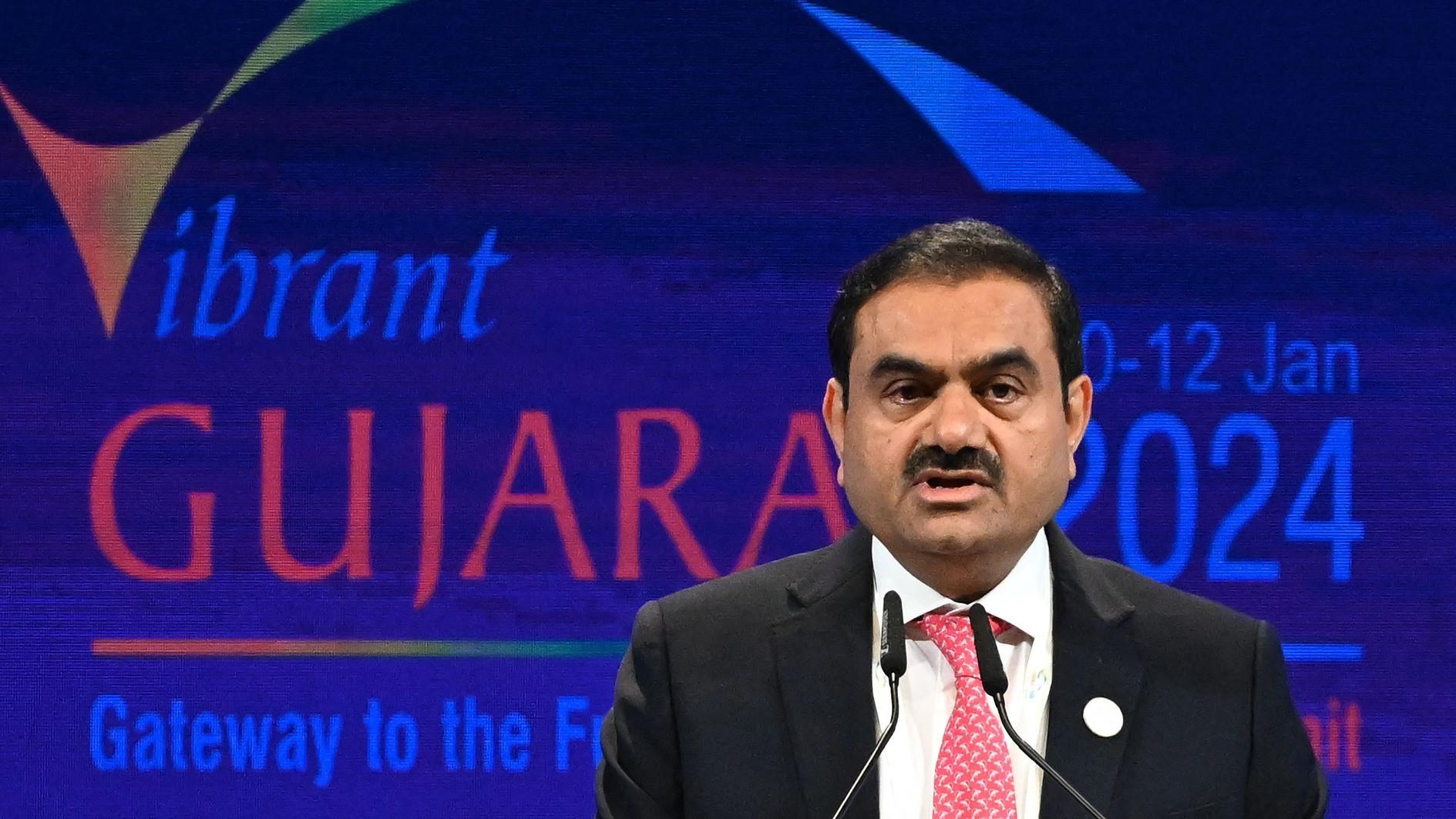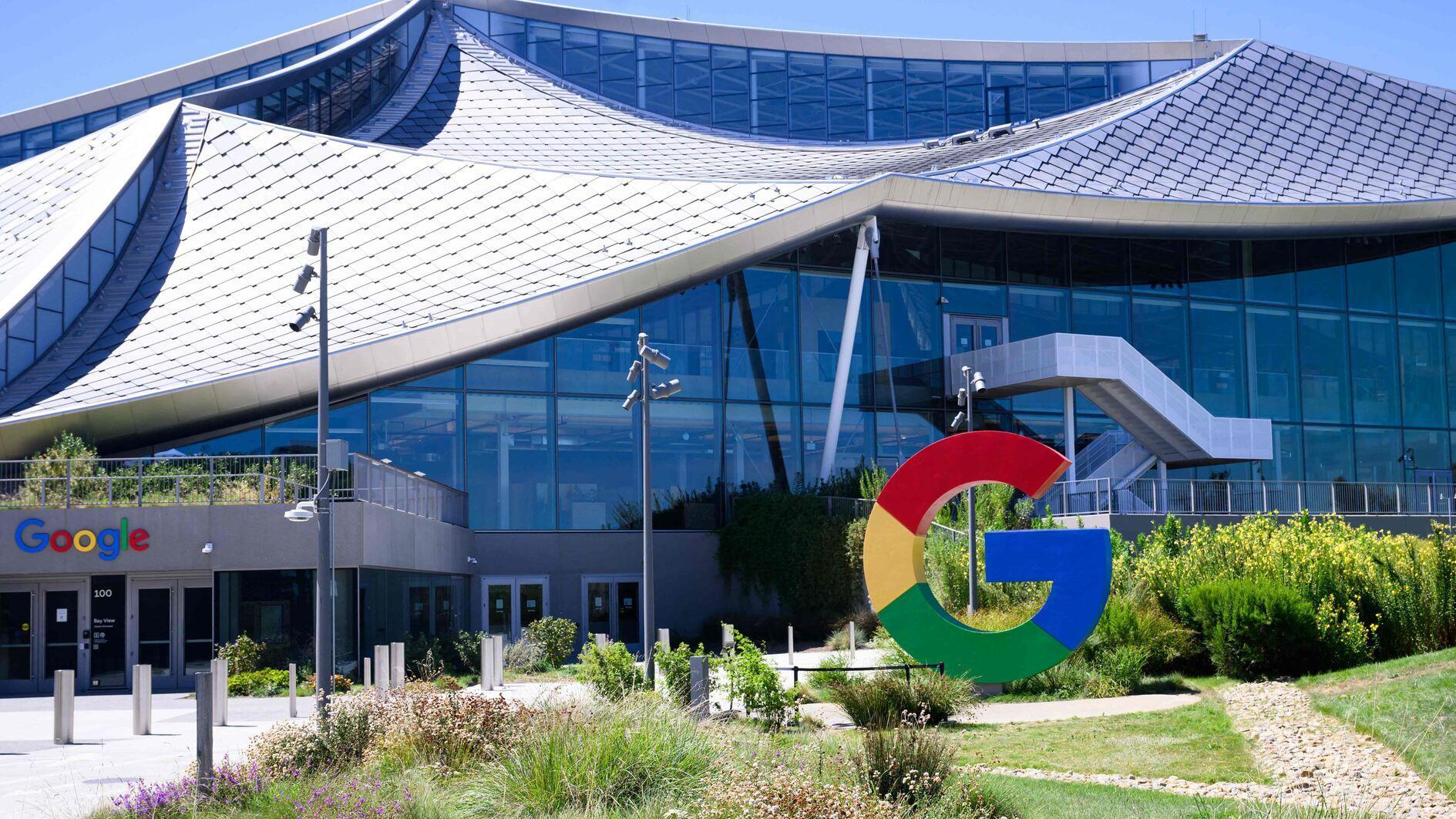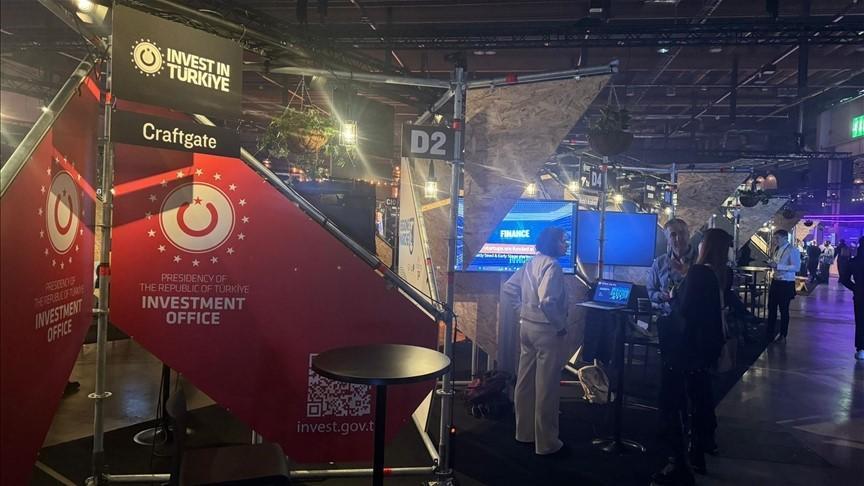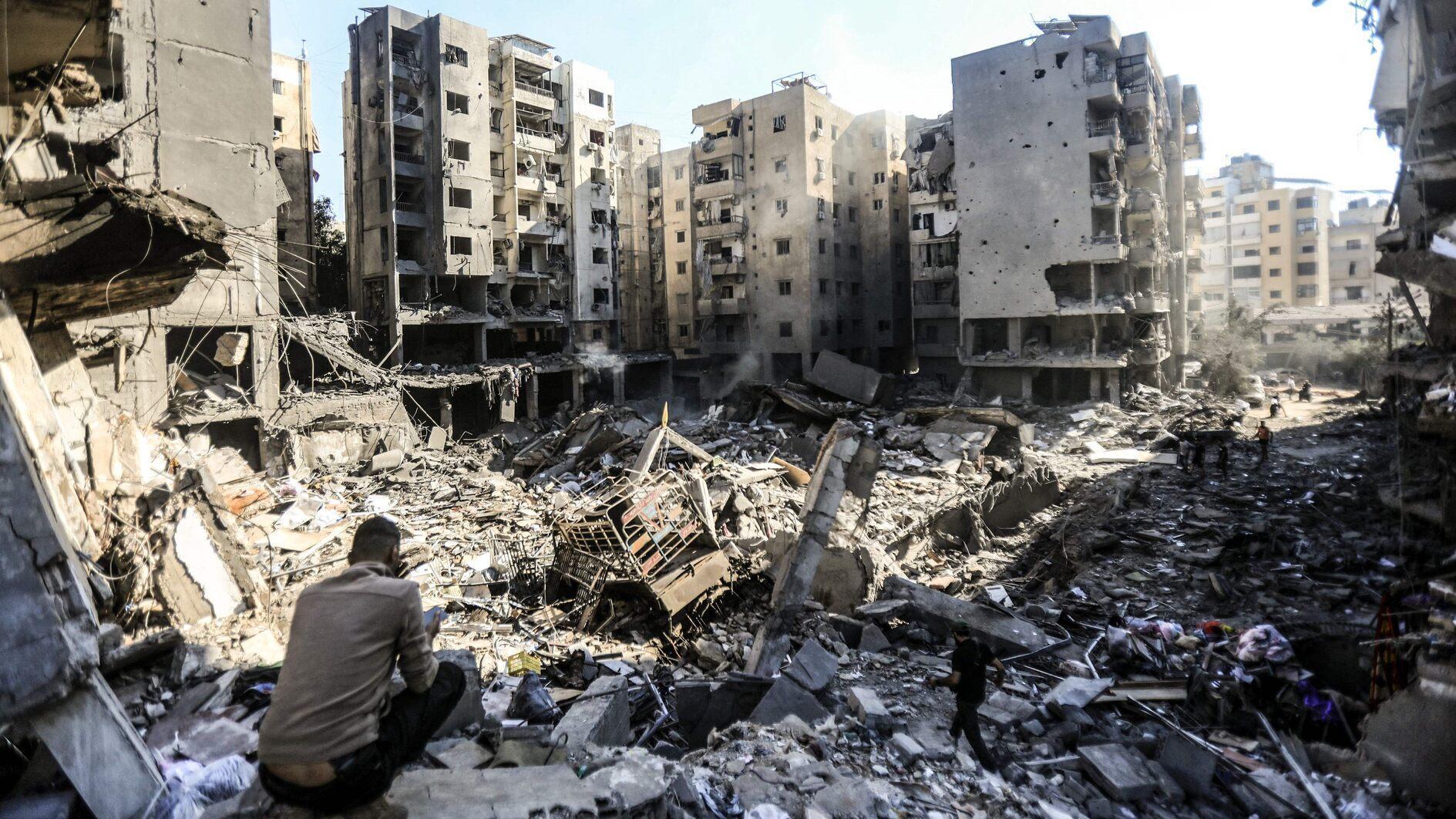Military and Kurdish projects speed up together
It all happened in a few hours yesterday, Jan. 3. Within three morning hours the breaking news was that former Turkish chief of general staff, İsmail Hakkı Karadayı, had been taken into police custody.
Taken from his residence in the Fenerbahçe military compound allocated for top retired generals, Karadayı was sent to Ankara to be questioned by prosecutors, in relation to the ongoing probe into whether the resignation of then-Prime Minister Necmettin Erbakan in 1997 was the result of a planned psychological-military operation.
Coincidentally, almost a year ago, on Jan. 5, 2012, another retired chief of general staff, İlker Başbuğ, was invited to the Istanbul prosecutor’s office. After being questioned for hours, he was arrested in the early hours of the next day, expressing his reaction by asking reporters to record the fact that “The 26th Chief of Staff of the Turkish Military is arrested for being the head of a terrorist organization.” Başbuğ is still under arrest and is still being tried in the Ergenekon case, which has been ongoing since 2008. He is a ccused of leading the alleged organization of the same name that sought to overthrow Prime Minister Tayyip Erdoğan and his Justice and Development Party (AK Parti) government. He had been appointed as chief of staff by Erdoğan and President Abdullah Gül in 2008, serving in the post until 2010.
Erdoğan has himself reacted a number of times to the fact that Başbuğ has remained under arrest during his trial. Nevertheless, this did not change anything as it has changed many other things - including the law, when in February 2011 Istanbul prosecutors wanted to question Hakan Fidan, the Undersecretary for National Intelligence Organization (MİT), for carrying out talks with the imprisoned leader of the outlawed Kurdistan Workers’ Party (PKK) and other PKK chiefs.
Again, coincidentally, the second breaking news item yesterday was about the PKK issue. It was about two members of Parliament in the ranks of the Kurdish problem-focused Peace and Democracy Party (BDP) visiting PKK head Abdullah Öcalan on the island-prison of İmralı. This was part of another round of talks with the Erdoğan government and the PKK seeking to lay down arms to put an end to three decades of violence that have so far cost the lives of more than 40,000. Erdoğan had already signaled that the talks had started once again, and Yeni Şafak newspaper reported on the last day of 2012 that on Dec. 16 Fidan had gone to İmralı prison to talk to Öcalan, following permission that was given by his brother, Mehmet, putting an end to speculations regarding Öcalan’s health condition. Radikal newspaper reported on Jan. 3 that Fidan had actually spent two days on İmralı to hold intensive talks with the PKK leader. The permission for deputies Ahmet Türk and Ayla Akat Ata (she is a member of Parliament’s Constitutional Conciliation Commission) to talk to Öcalan might have been a result of Fidan’s last contact with him. Despite a fierce reaction from the Nationalist Movement Party (MHP), the social democratic leader Kemal Kılıçdaroğlu of the main opposition Republican People’s Party (CHP) gave surprise support to Erdoğan regarding dialogue with the PKK, saying he was in favor if the move was aimed at laying down arms and putting an end to violence.
It is ironic indeed that the search to find a solution to Turkey’s chronic Kurdish problem through dialogue has sped up, at the same time as the speeding up of the face off with the military regarding its interventions into politics in the recent past. It seems there is more to come in the coming days.











